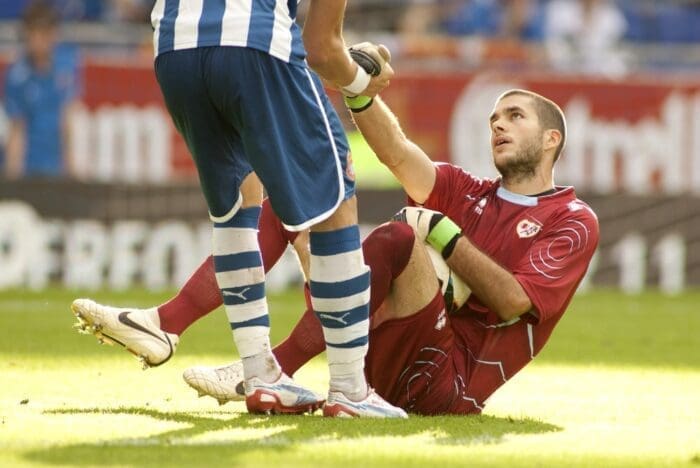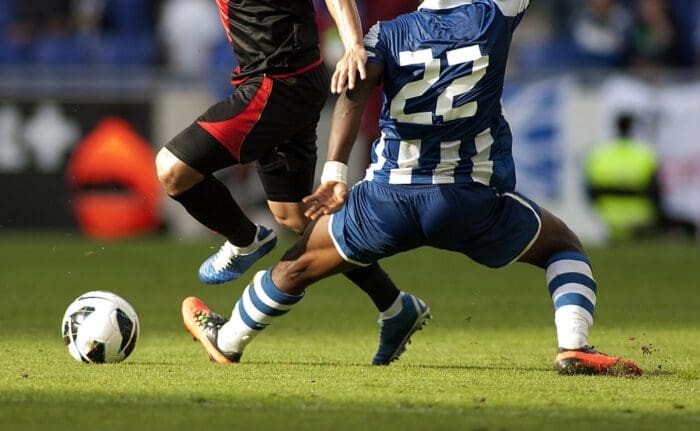Whether you’re a Premier League professional or an amateur playing on the weekend, you live for football. However, proper recovery and aftercare are just as important as the game itself.
The game can be intense, with a lot of starts, stops, and changes in direction. Ever wondered why professional footballers like Trent Alexander Arnold bounce back so quickly between games after covering so much ground? Nutrition and recovery methods, that’s how. These are key to getting your body ready for your next match and have you performing at your best.
Here is how you can recover like a pro footballer and keep your body in shape for your next match:
Sleep
Sleep is the best and most vital recovery method there is and absolutely can’t be substituted by anything else. After long, intense sessions of physical activity, sleep is key for allowing your heart to rest and tissue to repair, while also preventing your body from becoming run down and more susceptible to illness. This is not to mention the mental benefits of a good night’s sleep.
It is recommended that adult athletes get 10 hours of sleep per night in the weeks surrounding their training and leading up to competitive events. This will keep your recovery on track better than any sort of supplement.

Nutrition
If you’re an athlete, you already know how much good nutrition plays into your performance. And this goes for your post-match recovery too. You need to be fuelling with the nutrients needed to properly rebuild or repair muscles and replenish the energy lost after strenuous training. While overeating isn’t good, eating too little isn’t going to speed your recovery up either so balance is key.
When you play, you break down muscle, so you need high-protein meals to aid effective recovery. Your post-match meal should contain lean protein such as poultry or fish which help you to rebuild tissue and feel fuller for longer.
Nuts and dried fruits are another great source of protein and spinach, and hummus are rich in nutrients such as calcium and iron. These nutrients are proven to speed up the body’s conversion of protein to muscle mass.
Active Recovery
Soreness and discomfort can be common after football matches and training. You can alleviate any pain by participating in active recovery methods, whether that is going for a massage, physiotherapy or electrostimulation.
Muscle pain can be significantly reduced with cryotherapy. This can be anything from applying a cold compress to the sore area or submerging in an ice water bath to control aches. You also can’t underestimate the power of a good stretch. Gentle stretches for 15 to 20 seconds can help relax muscles.


